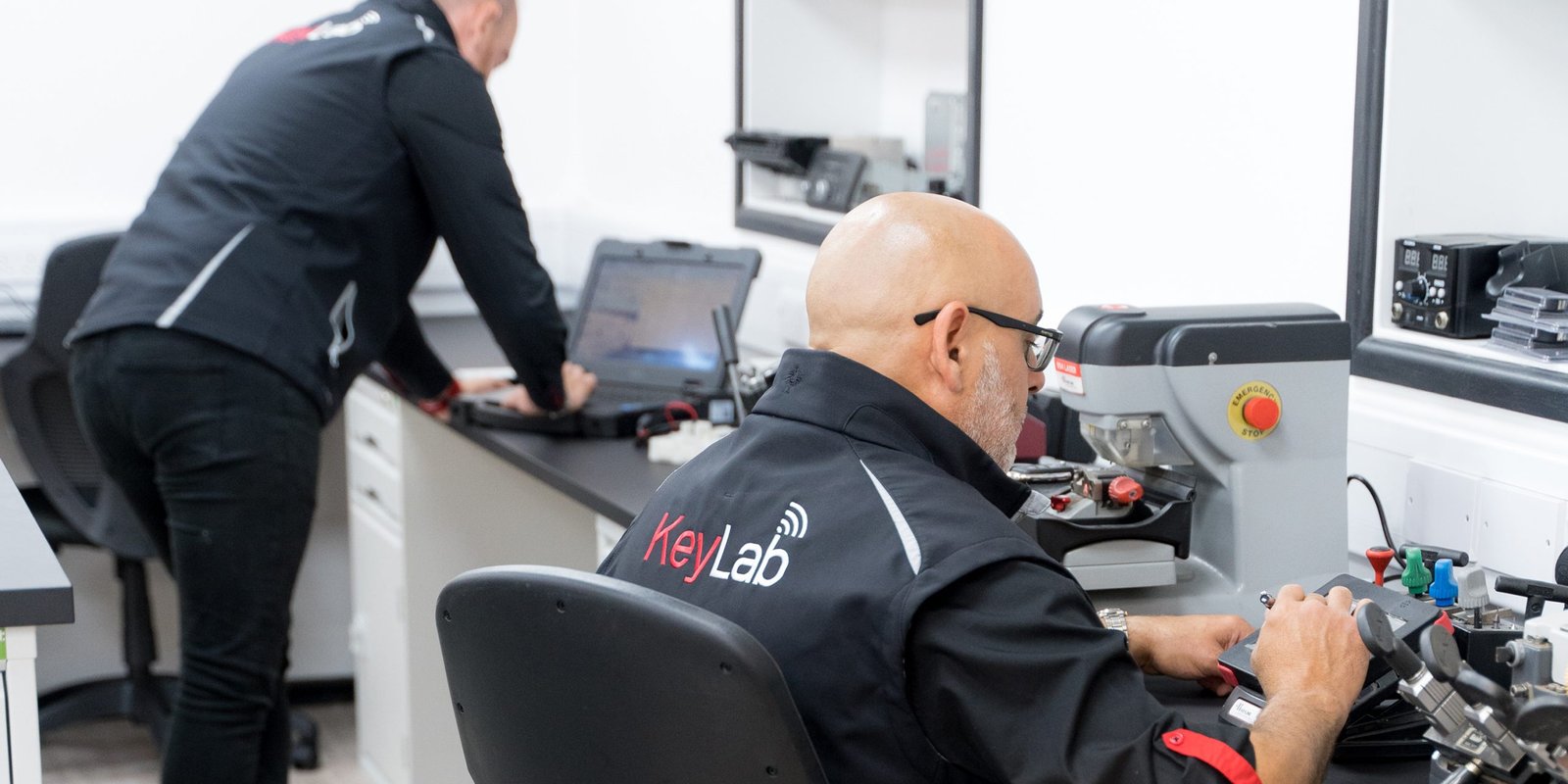The No. 1 Question That Anyone Working In Replace Car Key Should Be Able To Answer
A Comprehensive Guide to Replacing Car Keys
Car keys have actually progressed substantially from the easy metal keys of the past to advanced electronic fobs that integrate numerous security functions. Despite whether you own an older design or a modern vehicle, losing a car key can cause considerable trouble. This article supplies a thorough introduction of the process of changing car keys, consisting of the various kinds of keys, associated expenses, and often asked questions.
Kinds Of Car Keys
Before discussing the replacement procedure, it's important to understand the different types of car keys that exist today. Each type has its distinct replacement method and expense.
Standard Metal Keys:
- Used in older cars.
- Easy to replicate at the majority of hardware stores.
Transponder Keys:
- Contain a chip that interacts with the vehicle's ignition system.
- Require specific devices for cutting and programs.
Smart Keys:
- Keyless entry systems that permit motorists to begin their vehicles without placing a key.
- Replacement needs dealer participation for programs.
Key Fobs:
- Remote-controlled devices that unlock doors and can start the engine.
- Often incorporated with transponder technology.
Valet Keys:
- Designed for short-term usage, enabling restricted access to a car.
- Typically found with a key fob for standard functions.
Comparison Table: Types of Car Keys
Key Type
Description
Replacement Method
Expense Range
Conventional Metal
Fundamental, non-electronic keys
Replicate at hardware stores
₤ 2 – ₤ 10 per key
Transponder
Keys with a programmable chip
Auto locksmith professional or dealer
₤ 50 – ₤ 200
Smart Key
Keyless entry system
Dealer just
₤ 200 – ₤ 500
Key Fob
Push-button control access
Auto locksmith professional or dealership
₤ 50 – ₤ 300
Valet Key
Limited gain access to for short-lived use
Replicate if possible
₤ 10 – ₤ 30
Steps to Replace Car Keys
Replacing car keys can appear challenging, but it can be relatively simple when broken down into workable steps. Here's a guide to follow:
1. Determine Key Type
Identify the kind of key you need to replace. This will guide your next actions and offer insight into the required replacement technique.
2. Locate Your Vehicle Identification Number (VIN)
The VIN is usually found on the chauffeur's side dashboard, noticeable through the windshield. Read Even more can likewise be discovered on the chauffeur's side door frame or in your vehicle's registration files. This information is necessary for any key replacement, as it validates vehicle ownership.
3. Contact a Professional
Depending upon the key type, you may need to visit either a dealer or a locksmith. For conventional keys, the majority of hardware stores can duplicate them rapidly. For transponder keys, a certified locksmith or dealership is needed to set the new key.
4. Provide Necessary Documentation
You might require to present paperwork that verifies your identity and ownership of the vehicle. Common documents consist of:
- Driver's license
- Vehicle registration
- Proof of insurance
5. Program the New Key
For keys with sophisticated innovation (like transponder keys or smart keys), programming is often needed. This may include using special diagnostic devices available at a car dealership or professional locksmith professional.
6. Check the New Key
After replacement, always evaluate the brand-new key to ensure it opens the doors and, if applicable, begins the ignition.
Costs Associated with Key Replacement
The expense of changing car keys can differ substantially based on the key type, vehicle make and model, and the replacement technique selected. A typical expense breakdown is as follows:
- Traditional Keys: ₤ 2 – ₤ 10
- Transponder Keys: ₤ 50 – ₤ 200
- Smart Keys: ₤ 200 – ₤ 500
- Key Fobs: ₤ 50 – ₤ 300
- Solutions of a Locksmith: ₤ 50 – ₤ 150 (depending on services rendered and the intricacy of the key)
Factors Influencing Cost
- Vehicle Make and Model: Luxury vehicles typically have greater replacement expenses due to innovative innovation.
- Outsource vs. Dealership: Dealerships might charge more than independent locksmiths for similar services.
- Aftermarket vs. Original Parts: Some people go with aftermarket keys, which can be more affordable but may not have the same service warranty coverage.
Frequently Asked Questions About Replacing Car Keys
Q1: Can I replace my car key myself?A: While you can replace conventional metal keys yourself, a lot of contemporary keys require expert competence for duplication and programming. It is recommended to seek expert aid. Q2: How long does it take to replace a car key?A: Replacement time differs. Conventional keys can be made in minutes, while transponder
or clever keys might take longer, particularly if shows is involved. Spare Car Key Replacement : What if I lose my only key?A: In this case, you will require to tow your vehicle to a dealership or locksmith that can develop a new key for you. Q4: Will my
car's warranty cover key replacement?A: Most car service warranties do not cover key replacement unless you have particular theft security strategies.
Constantly talk to your service warranty service provider. Q5: How can I avoid losing my car keys?A: Consider utilizing a key finder device, designating a particular spot for your keys in the house, and having a spare key made to keep in a safe place. Replacing car keys can be a hassle, but understanding the different types of keys, replacement procedures, and associated expenses can simplify the process for vehicle owners. Being prepared with knowledge and a strategy can minimize
stress and get you back on the roadway faster. Whether you rely on a dealership or locksmith professional, browsing key replacement doesn't have to be an overwhelming experience when you take the ideal actions. 